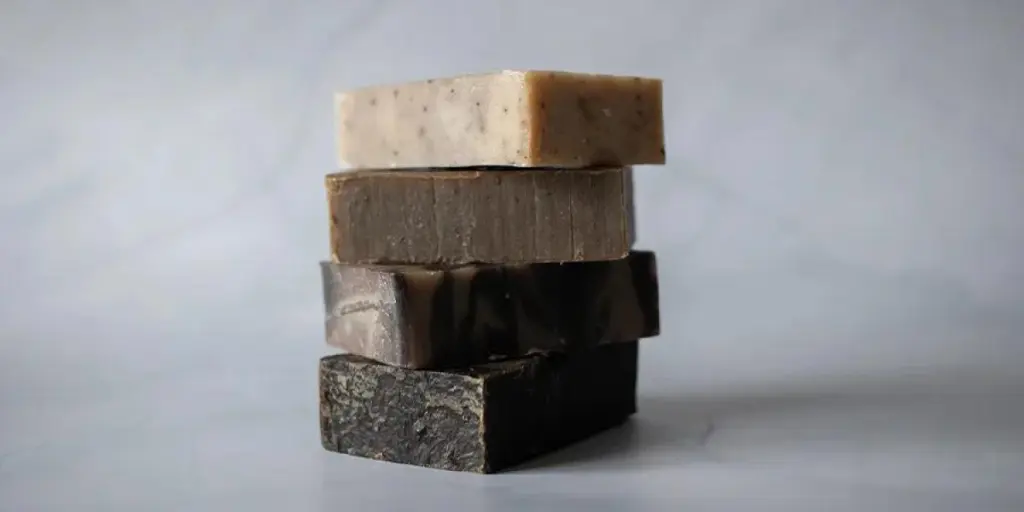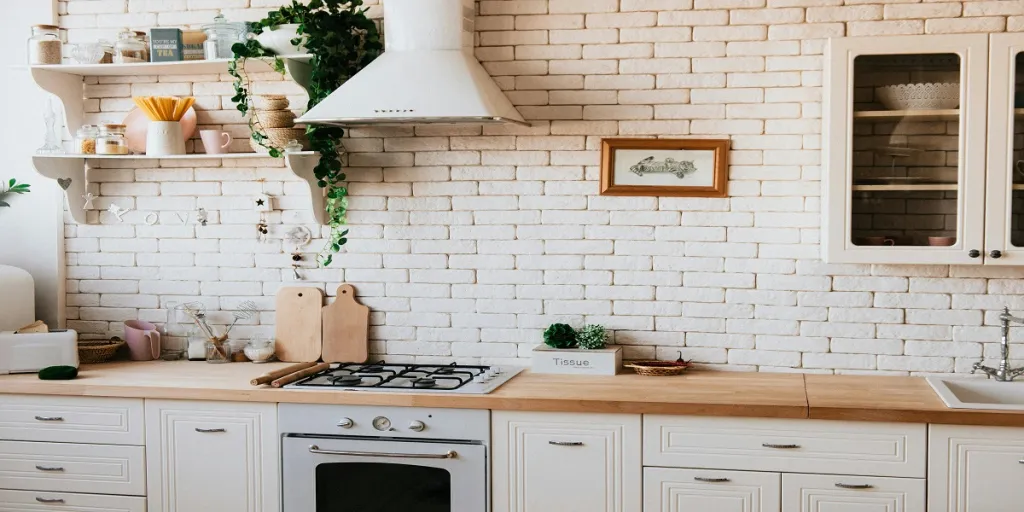The bonsai tree is one hobby that brings enormous peace, joy, mindfulness, and fulfillment to lives. This art cultivates tiny trees that fit in small spaces and is immensely popular worldwide. In this article, we look at the popularity of bonsai trees, some background details, and which trees are best for beginners. Lastly, we offer suggestions on how to make bonsai a part of your world.
Table of Contents
Exploring the popularity of bonsai trees worldwide
Some background about bonsai trees
Easy beginner trees
Start your bonsai journey
Exploring the popularity of bonsai trees worldwide

People are so intrigued with bonsai trees that global sales are growing rapidly. Market studies indicated the value of sales at USD 8.42 billion in 2023. This figure is projected to almost triple to USD 21.71 billion by 2032 should the anticipated compound annual growth rate (CAGR) of 11.1% continue its current trajectory.
Keyword data from Google Ads supports exceptionally strong interest in these trees. The average monthly search rate for bonsai between October 2023 and September 2024 was 1,500,000. Searches peaked at 1,830,000 from April to July in this period.
Similarly, people searched 450,000 average times monthly for bonsai trees in the same timeframe. During this period, search volumes soared to 550,000 for this specific keyword in January and June.
Besides indicating how much people enjoy bonsai trees, this data tells us the financial value of this market. It also tells us which keywords are the most popular and helps sellers understand this market and its popularity.
Some background about bonsai trees

These trees are perfect for people with small gardens or who live in apartments, as they take up very little space. But before going deeper into the topic, we cover some basic details about this art form.
Definition: In Japan, this word means to be planted in a container. As simple as this sounds, the art of growing these tiny trees has far more value than described in this simple term. The pleasure alone that this hobby brings makes the investment of time worth the effort.
Styles and shapes: There are 15 popular bonsai shapes and styles. Most of these names describe the shape or style of the tree.
Sizes: These tree sizes range from small (1″ to 3″) to quite tall ( 60″ to 80″), each with its own Japanese name.
Bonsai care: Growing techniques include wiring and pruning. Most trees only need repotting about every two years. Similarly, bonsai lovers use little to no fertilizer and adjust watering to the tree species, climate, and seasonal temperatures. To make things simpler, you can buy a tree kit. This kit usually has complete instructions for the proper care of your tree.
Equipment: If you don’t buy a starter kit, you will still need containers for planting and equipment like wire and pruning tools to shape your tree. Most bonsai outlets will have this equipment. Otherwise, you will find bonsai containers and pruning equipment online.
Tree kits: It is much easier to start your new hobby with a bonsai tree kit than buying everything separately. This kit typically includes a growing manual, seeds for the tree of your choice, biodegradable fiber pots, propagation bags, bamboo markers, expanding peat pellets, and a pruning trimmer.
Artificial trees: If you want a tree but don’t have the time to care for it, an artificial bonsai is a good option. An artificial tree will give you the benefits of a real one without the labor, and it will look authentic in any living space.
Easy beginner trees

Experts suggest that beginners start with trees that are easy to grow. Some of the most popular choices for anyone without a green thumb include the following:
1. Cedar: Bonsai enthusiasts love the Himalayan Cedar and others like the Lebanon, Cyprus, and Atlas trees. These evergreen conifers are tough and have sparse, dense needles depending on the species.
2. Chinese Elm: Lacebark elms need plenty of pruning. Despite this, their unique bark has so many gorgeous colors that it is difficult to resist the allure of this tree.
3. Dwarf Boxwood: Bonsai fans often choose shrubs like this because they are easy to prune. Because they are a dwarf species, they are ideal as outdoor trees.
4. Dwarf Jade: Grow these small semi-evergreen softwood trees outdoors because they need plenty of sun to thrive.
5. Ficus: Many Ficus varieties enjoy warm climates as long as they have enough light. Because of this, they are a favorite choice for indoor bonsai trees.

6. Japanese Flowering Cherry: Training these ornamental trees is a much easier task than many others because their trunks and branches bend with very little effort. Besides this advantage, people love the small white flowers with delicate pink tinting.
7. Japanese Maple bonsai trees: Deciduous trees like the Kogane Sakae are thirsty and need to be watered daily or even several times a day. Be aware of this requirement before buying this tree, but know that the variety of leaf colors creates a unique look that many find incredibly rewarding despite needing extra attention.
8. Juniper: These coniferous trees are part of the cypress family and create stunning visual displays in the living room and elsewhere. Besides growing them from seeds, you can opt for a simple solution like a juniper DIY bonsai kit that includes everything you need for a successful hobby.
9. Pine: Most pine trees are resilient, so they can withstand the care mistakes that many beginners make, including giving them too little water.
10. Weeping Fig (Ficus Benjamina): With a rounded canopy that makes viewers think of an umbrella and its surface root system, the Weeping Fig is a great tree for beginners.
Start your bonsai journey

Challenge yourself or your customers to grow bonsai trees using tree kits. Nurturing these miniature trees is relaxing and rewarding in the long term. However, for customers who want the beauty of bonsai trees indoors without effort, hyperrealistic artificial products are the perfect way to go.
No matter your preference, you can start your bonsai tree journey today by visiting Chovm.com for a fascinating start to a rewarding hobby.





 বাংলা
বাংলা Nederlands
Nederlands English
English Français
Français Deutsch
Deutsch हिन्दी
हिन्दी Bahasa Indonesia
Bahasa Indonesia Italiano
Italiano 日本語
日本語 한국어
한국어 Bahasa Melayu
Bahasa Melayu മലയാളം
മലയാളം پښتو
پښتو فارسی
فارسی Polski
Polski Português
Português Русский
Русский Español
Español Kiswahili
Kiswahili ไทย
ไทย Türkçe
Türkçe اردو
اردو Tiếng Việt
Tiếng Việt isiXhosa
isiXhosa Zulu
Zulu